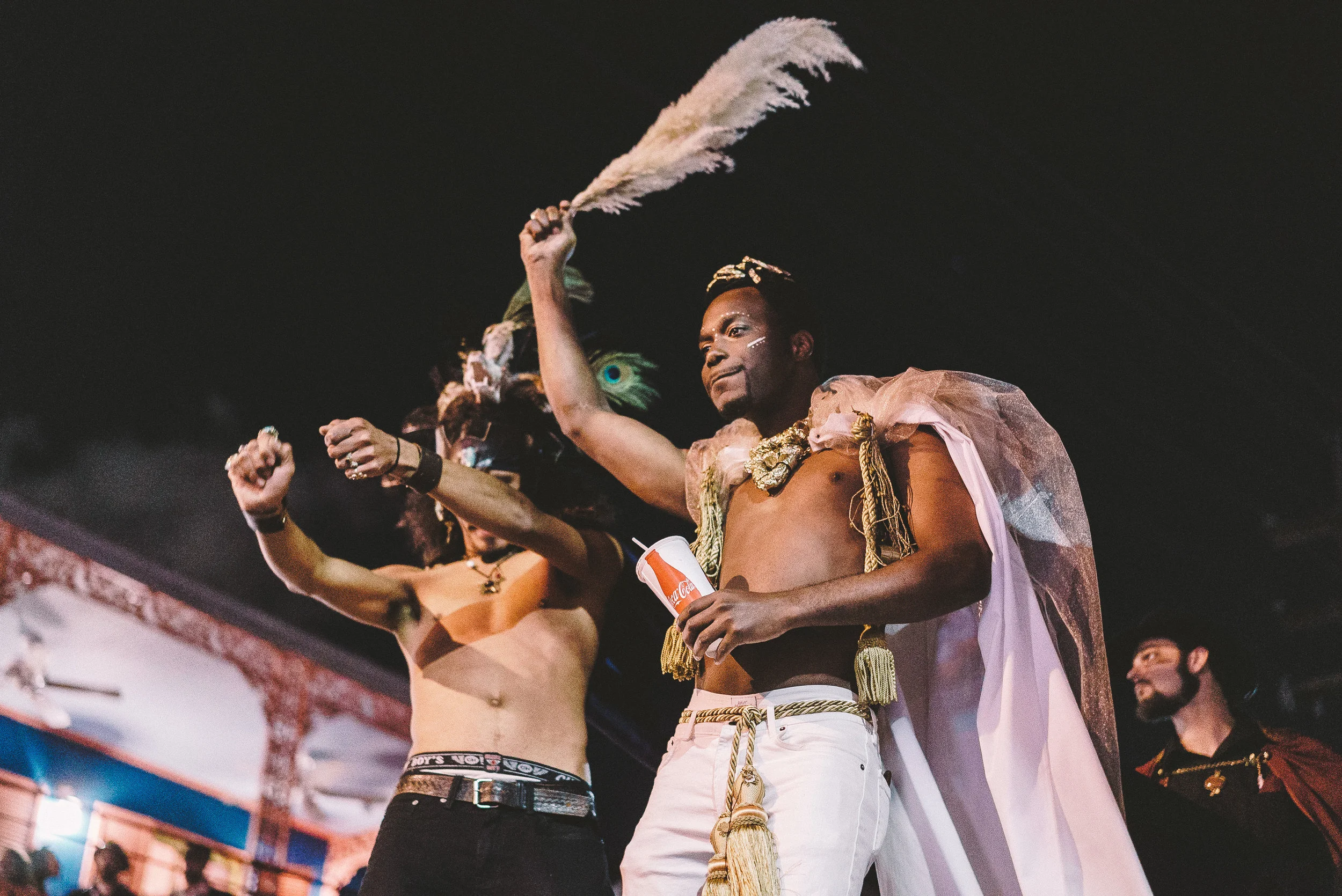Welcome to my coming out party!
“Coming out” is a phrase that’s been used for a while to refer to one entering into society. Back in the day, it was debutantes, but now most people know it as a term for LGBT+ individuals who publicly reveal and embrace their identity, without guilt, shame, caveats or other qualifying statements. To everyone else, that identity might have been obvious, but embracing it yourself – accepting the reality and owning up to what God has gifted you with through who you are and the experiences you’ve had – is a holy and joyous occasion.
My decision to embrace my identity and come out as a theologian has taken a few years. I’ve been reluctant to use that term – theologian – afraid of what people would expect of me, intimidated by all the baggage that comes with it, and wary of the stereotyping that would inevitably come as a result of claiming that part of my identity. I am not a dead, white guy with a beard. I am a living, breathing woman who has worked hard to get here….and yet…..
But I couldn’t deny it any longer. My life had led me to this; I have spent years studying and preparing and I feel I have been brought along this road by God. To pretend it wasn’t a part of me was to deny all these years up to this point.
It’s a subtle, but marked shift for me and my identity. But here’s the thing with me: once I decide to do something, I’m usually full speed ahead. It takes me a while to get going (and you may not know I’m revving up to it), but once I do, watch out. So, at the Greenbelt Festival this year when people asked me what I did, I answered “I’m a theologian” and laughed as I saw the looks on their faces.
I’m intrigued by the looks now, and will probably start to ask people why they are shocked. The identity claim of being a theologian is considered a bold one, I think, as there’s the implication that a theologian somehow speaks of (or for) God in a different or higher way than a pastor or priest does. (And that’s assuming people know even know what a theologian is….not everyone does.) I don’t think that’s true, but it does mean that we dedicate ourselves to the work of studying God, which seems like such a lofty vocation, doesn’t it? Another public and feminist theologian, Heather Walton, describes her work as one where her “chief concern has been tracing the form God wears in the world.” 1
For me, God’s form has taken the shape of communities who unite and stand up for the marginalized among them, who work for justice, and who welcome and include difference. God’s form is in the love shown by a spouse who nurses a dying loved one, or in the embrace of friends and family at the arrivals lounge of the airport. God’s form is in the risks taken by peacebuilders and violence interrupters around the world, and in the mysterious silence of the desert at night.
God's form is all around us; the task is paying attention.
I look forward to the journey of this work and all of the other forms God will inevitably take along the way.
-- -- -
1. Walton, “You Have to Say You Cannot Speak: Feminist Reflections Upon Public Theology,” International Journal of Public Theology, (4:2010), 26.
If you'd like to make it possible for me to reach out and connect with more communities, you can support my work for as little as $1 per month or whatever you can afford. Support me by going to https://www.patreon.com/JaymeRReaves.
